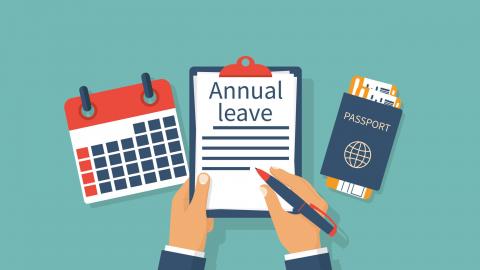Unfair Labor Practice
Definition:
Unfair Labor Practice, is an unfair action conducted by the employer, which is against the Federal Service Labor Management Relations Institute, including The National Labor Relations Act (NLRA) that will be investigated by the National Labor of Relations Board (NLRB).
According to the Labor Relations Act (LRA), there are three general categories of conduct which are the following:
- retaliation
- wrongful pressure
- termination while under collective bargaining agreements.
The act also includes the following scenarios:
- Termination or doing anything that results in employees, employee representatives, or committee members of labor unions or labor federations being no longer able to work with the employer while the labor union or employees take steps to prepare petitions, submit labor demands, or sue or give evidence to officers under labor protection laws.
- Termination or doing anything that results in the employee no longer able to work with the employer because of labor union membership.
- Hindering employees from holding labor union membership or asking employees to resign from union membership.
- Giving (or promising) money or property to employees either to not apply or to resign from union membership; also prohibited are such gifts or promises to a labor union officer to not accept employee membership applications.
- Hindering a labor union or labor federation from conducting activities, or hindering employees from exercising their rights as union members.
- Interfering in a labor union’s or labour federation’s activities without legal authority.
Part of speech:
noun
Synonyms:
ULP
Use in a sentence:
Employers within the retail or food sector, usually tend to practice unfair labour.





